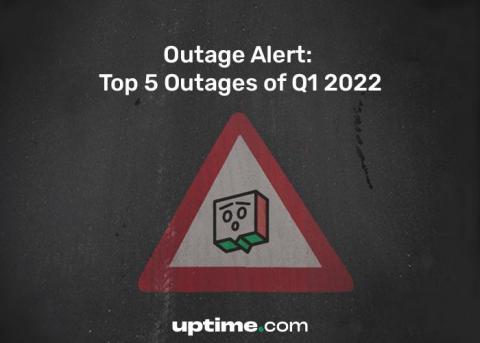Improve IT Operations with Response Analytics
Your IT team just finished resolving a complex incident, customer service finished their last call about the issue, and your business is back to being fully operational. Now that the storm has passed, you should be planning a postmortem to determine the cause of the incident and lessons learned. Postmortems require specific data that can highlight where your team is succeeding and where they can improve.











